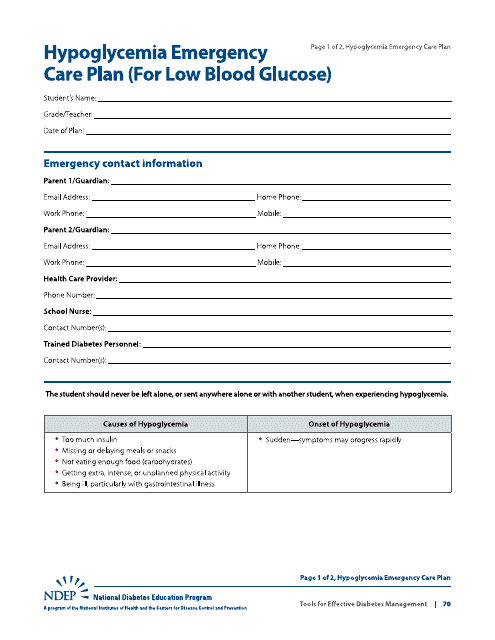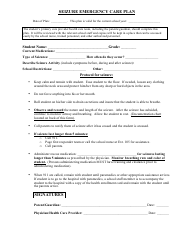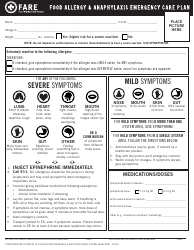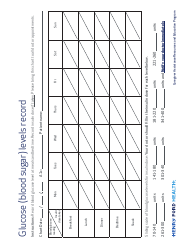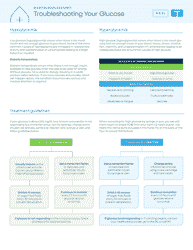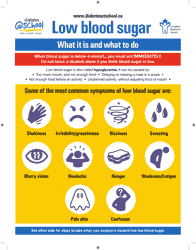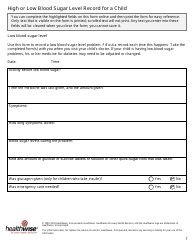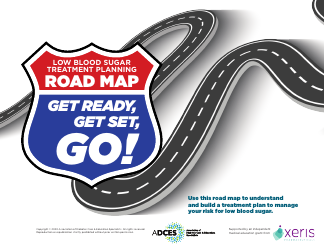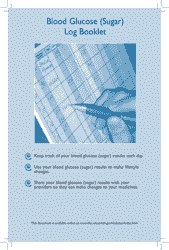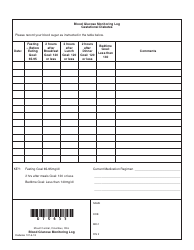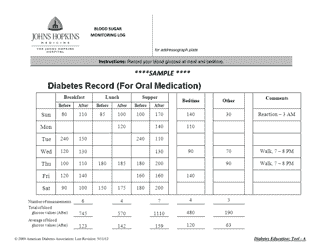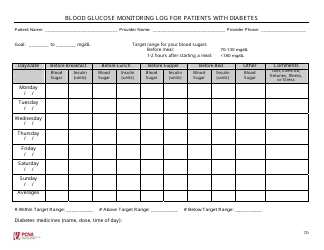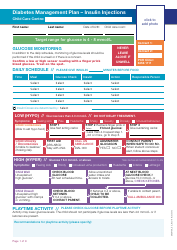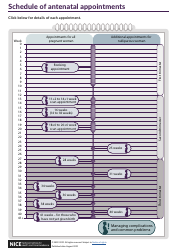Hypoglycemia Emergency Care Plan (For Low Blood Glucose)
A Hypoglycemia Emergency Care Plan (For Low Blood Glucose) is used to manage and handle situations when a person's blood glucose (or blood sugar) levels fall dangerously low. It provides step-by-step instructions on what action to take to raise the blood glucose levels quickly, including what food or drink to consume or what medication to take. This plan can also involve instructions on when to call for emergency assistance. It's often employed for people with diabetes, a condition marked by irregular blood sugar levels, for whom hypoglycemia can pose a severe risk. It's designed not just to treat hypoglycemia, but to prevent a minor issue from becoming a significant health crisis.
The Hypoglycemia Emergency Care Plan for Low Blood Glucose is typically filed by a healthcare professional like a doctor or a nurse, in coordination with the patient who has diabetes, or if the patient is a minor, with their parent or guardian. The plan describes the steps to follow in case a patient experiences low blood glucose or hypoglycemia, a condition that can often occur in people with diabetes who use insulin. Having this document is crucial for ensuring the patient receives the appropriate care in the event of a hypoglycemic episode.
FAQ
Q: What is Hypoglycemia?
A: Hypoglycemia is a condition characterized by an abnormally low level of blood sugar (glucose), your body's main energy source. Hypoglycemia is commonly associated with the treatment of diabetes.
Q: What is an Emergency Care Plan?
A: An Emergency Care Plan (ECP) is a document that contains necessary information about an individual's health condition and what should be done in case of an emergency. It outlines the steps to take if a person's blood sugar drops to a dangerously low level.
Q: What are the symptoms of Hypoglycemia?
A: Common symptoms of Hypoglycemia include shakiness, dizziness, sweating, hunger, irritability, confusion, and headache. But symptoms can differ from person to person.
Q: What can cause Hypoglycemia?
A: Hypoglycemia in people with diabetes is usually caused by medications that increase insulin levels in the body. Skipping a meal, exercising harder than usual, or taking too much medication can also trigger hypoglycemia.
Q: How is Hypoglycemia treated?
A: Treatment for Hypoglycemia involves initial immediate treatment by consuming 15-20 grams of glucose or simple carbohydrate. This can be followed by a longer-acting carbohydrate if the next meal is more than an hour away.
Q: What should be included in a Hypoglycemia Emergency Care Plan?
A: An effective Hypoglycemia Emergency Care Plan should include personal identifiers, emergency contact information, detailed instructions on dealing with hypoglycemia, signs and symptoms to look out for, preventive measures, and when to seek medical assistance.
Q: What food items are good for immediate treatment of Hypoglycemia?
A: Food items like hard candies, raisins, fruit juice, or regular soda can quickly raise your blood sugar levels and provide immediate treatment for hypoglycemia.
Q: Who should have a copy of my Hypoglycemia Emergency Care Plan?
A: At a minimum, the person with diabetes, their caregivers, and their healthcare providers should have copies of the Hypoglycemia Emergency Care Plan. It's also good to share it with close friends, family, colleagues, or teachers (for children), so that they can help during a hypoglycemic emergency.
